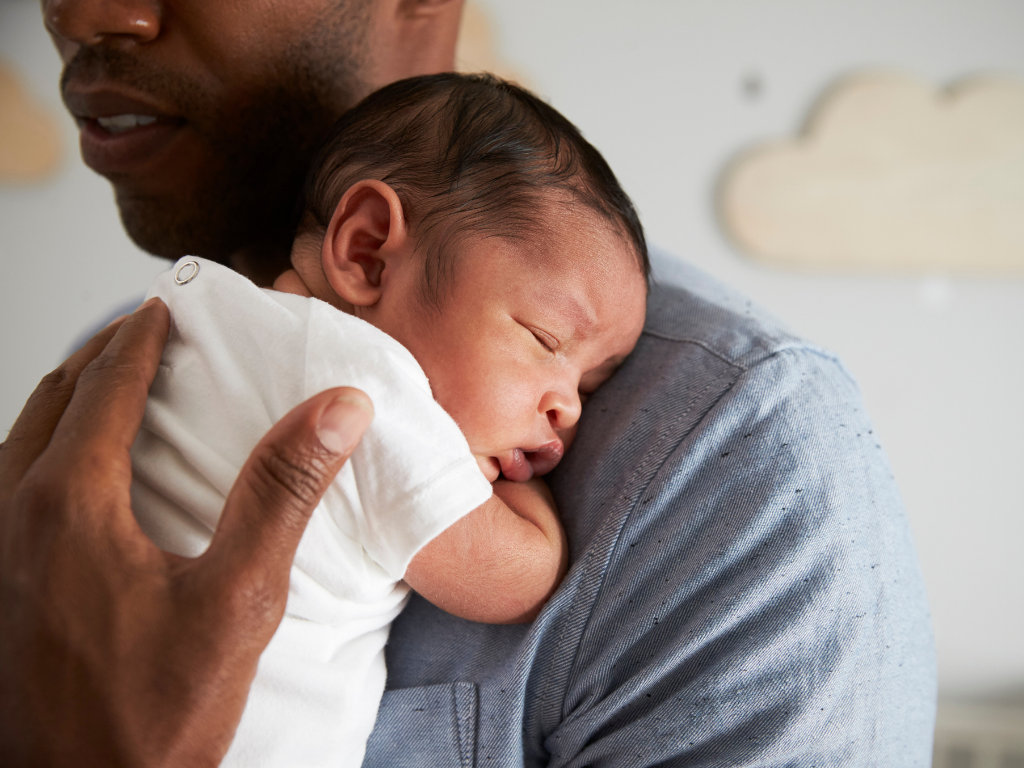What your baby needs to sleep well
The primary messages parents here about healthy baby sleep are often far from the conclusions drawn from biology, development, or a neuroscience understanding of babies and sleep. This is because our expectations and strategies for baby sleep are based on how we as a culture would like babies to sleep, not on how they actually do.
What you hear:
“Your baby must learn to sleep independently.”
“Put them down drowsy but awake.”
“They should be sleeping through the night by now.”
All of this comes from sleep training culture. So, if you want to support sleep without sleep training, if you want to work with biology and development…
What does your baby need to sleep well?
In the moment:
To be tired
To be relaxed
To feel safe and secure
Broader needs:
Rhythm and routines that work for your family
A comfortable environment
Consistency
·Time
Let’s go into each of these areas in more detail…
Babies need to be tired to sleep well.
This sounds obvious, but it can be complicated.
Your baby needs to build up enough sleep pressure to be truly tired. At the same time, pushing well past the ideal time for sleep can lead to a second wind. This can leave your baby tired but fussy or hyper and unable to winddown. Trying to settle a baby to sleep when they are not tired is very frustrating for everyone. This is one important reason you need to watch your baby for cues to find a sleep rhythm, not rely on generic sleep schedules.
Babies need to be relaxed to sleep well.
For good quality sleep that is restful and restorative, humans, not just babies, need to be relaxed ahead of falling asleep. In more scientific terms, the body needs to be in a parasympathetic dominant state. Sleep is under the control of the autonomic nervous system. The autonomic nervous system is composed of the sympathetic nervous system (fight, flight, freeze) and parasympathetic nervous system (rest and digest). Things that activate the body or cause stress at bedtime will undermine sleep and things that help the body return to a calm, relaxed state will support good quality sleep. Nervous system regulation around sleep is important.
Babies need to feel safe and secure to sleep well.
This is closely tied in with relaxation. Safety and security support the activation of the parasympathetic nervous system. No threats here; sympathetic nervous system you can stand down! For babies, this sense of safety and security overwhelmingly comes from proximity to the parent or other trusted caregiver. Babies feel most safe in your presence, whether that is through contact or simply being able to hear, see, or smell you. Over time, their need for physical proximity to feel safe will ease, and you’ll have other ways to create safety.
Babies take their safety cues from you. Helping your baby relax and feel safe by being calm and relaxed yourself is key. This process is called coregulation.
Rhythms and routines that work for your family.
Our daily rhythms and routines set up the conditions for sleep to unfold. Finding the ones that work well for your family takes a lot of the struggle out of sleep. These rhythms shift and change with development so there is often a process of experimentation and flexibility to adapt to a new phase.
A good daily rhythm for your baby meets their needs – sleep, feeding, play, and connection. A good routine provides a predictable sequence to move through a time of day or transition, example the bedtime routine.
A comfortable environment affects sleep.
Our sleep environment matters, and it matters more for some babies than others. Cool but comfortable temperatures, air not too dry, comfortable pajamas, a dark room – these very basic thing support nighttime sleep. Naps are a bit different, but a comfortable environment is still important, whether that’s a contact nap, a babywearing nap, or napping in their crib in a light room.
Consistency.
Most things take consistency to be effective – new routines, adjusting to new rhythms, a gentle sleep strategy, helping your child through a change. Gently and consistently supporting your baby over time will help create a healthy relationship with sleep. And a note here: consistency in supporting sleep does not mean 100% consistent. That’s not realistic and not necessary. When we are talking about babies, consistency always needs to be balanced with flexibility.
Sleep improves with time.
Sleep matures and develops over time. Even if you do nothing to nudge it along, your baby will start sleeping longer and more independently with time. Passing time also gives you new openings to make changes you may want to make. There is no window of opportunity when it comes to sleep.
When talk turns to how independent sleep and sleep training are what babies need to sleep well, I hope you’ll remember these concepts. Babies do not need independent separate sleep to sleep well. They need to be tired, relaxed, and feel safe and secure. The they need good conditions for sleep through our rhythms, routines, and environment. They need consistency (and flexibility) and time for sleep to unfold.
If you need help navigating this process, I’m hear to help. Schedule a free family sleep intro call to talk about working together.

